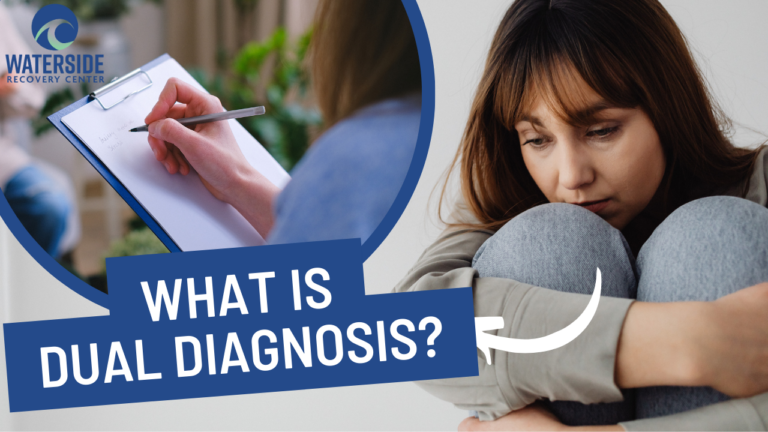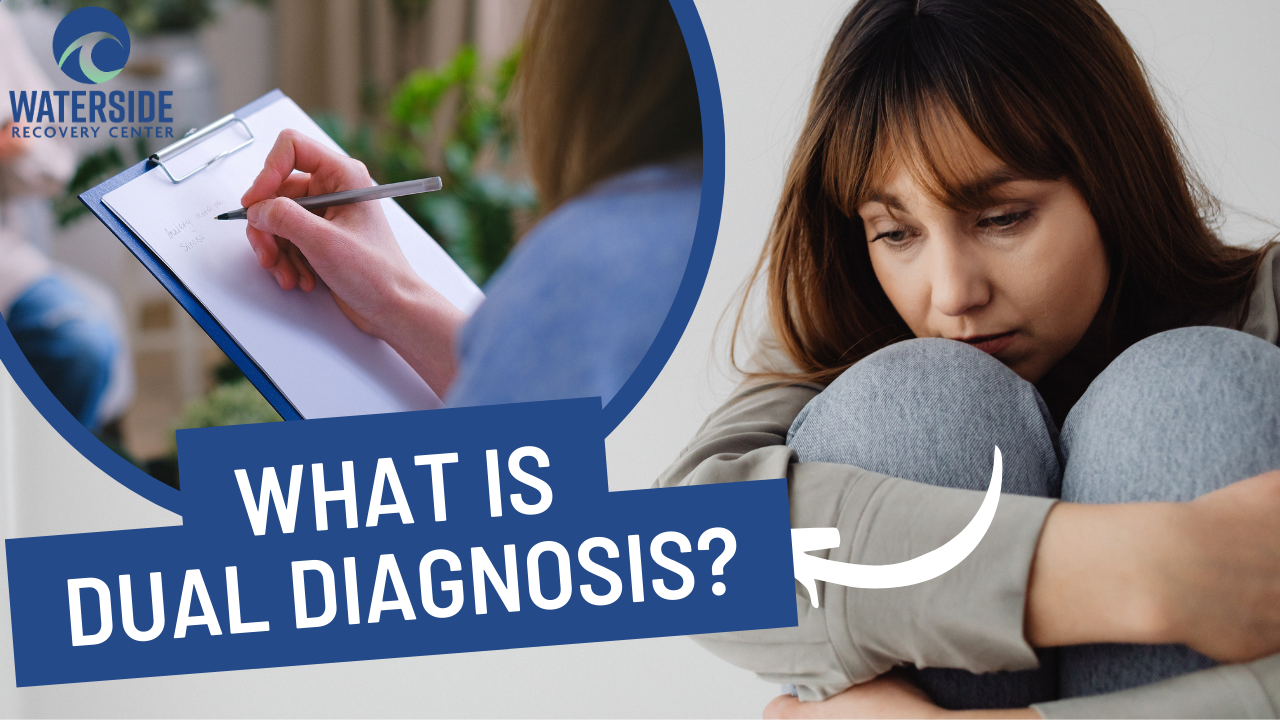
Dual Diagnosis Treatment: The Connection Between Mental Health and Addiction
The connection between mental health and addiction has been a topic of discussion for decades. It is often the case that individuals who struggle with addiction also have underlying mental health disorders. This is known as a dual diagnosis, and it can complicate treatment and recovery.
Dual diagnosis treatment is a specialized approach that addresses both addiction and mental health disorders simultaneously. It recognizes that these conditions are interconnected and that treating one without addressing the other may not lead to long-term success. Dual diagnosis treatment can include therapy, medication, and support groups, among other interventions. It is an evidence-based approach that has been shown to improve outcomes for individuals with co-occurring disorders.
Understanding Dual Diagnosis
Defining Mental Health and Addiction
Mental health and addiction are two distinct but interrelated conditions. Mental health refers to a person’s emotional, psychological, and social well-being, while addiction is a chronic disease characterized by compulsive substance use despite its harmful consequences.
Prevalence of Dual Diagnosis
Dual diagnosis, also known as co-occurring disorders, is the condition of having both a mental health disorder and a substance use disorder simultaneously. It is estimated that approximately 50% of individuals with a substance use disorder also have a co-occurring mental health disorder.
The most common mental health disorders that co-occur with addiction include depression, anxiety, bipolar disorder, and post-traumatic stress disorder (PTSD). The presence of a mental health disorder can make addiction treatment more complicated and challenging.
It is essential to understand the connection between mental health and addiction to provide effective treatment for individuals with dual diagnosis. A comprehensive treatment approach that addresses both conditions simultaneously is necessary for successful recovery.
Challenges in Dual Diagnosis Treatment
Individuals with co-occurring mental health and substance use disorders face unique challenges in receiving effective treatment. Dual diagnosis treatment requires a comprehensive and integrated approach that can address both mental health and addiction issues. However, there are several challenges that can hinder the effectiveness of dual diagnosis treatment.
Stigma and Misunderstanding
Stigma and misunderstanding surrounding mental health and addiction can make it difficult for individuals to seek treatment. Many people with dual diagnosis feel ashamed or embarrassed about their conditions, which can prevent them from seeking help. Additionally, some healthcare providers may not be adequately trained to recognize and treat dual diagnosis, leading to misdiagnosis and inappropriate treatment.
Integrated Treatment Approach
Dual diagnosis treatment requires an integrated approach that can address both mental health and addiction issues simultaneously. However, many treatment programs are not equipped to provide this type of comprehensive care. Some mental health facilities may not offer addiction treatment, while some addiction treatment centers may not have the resources to address mental health issues.
To address these challenges, it is essential to provide education and training to healthcare providers and the public about dual diagnosis. Additionally, treatment programs must be designed to provide integrated care that can address both mental health and addiction issues. This can include the use of evidence-based therapies, such as cognitive-behavioral therapy and motivational interviewing, as well as medication-assisted treatment for addiction.
Overall, addressing the challenges of dual diagnosis treatment requires a coordinated effort from healthcare providers, policymakers, and the public. By working together, we can ensure that individuals with co-occurring mental health and addiction disorders receive the comprehensive and effective care they need to achieve lasting recovery.
Strategies for Effective Dual Diagnosis Treatment
Effective dual diagnosis treatment requires a comprehensive and personalized approach that addresses both mental health and addiction issues. The following strategies can help improve outcomes for individuals with dual diagnosis:
Assessment and Personalized Care
Assessment is a critical first step in dual diagnosis treatment. It involves a thorough evaluation of the individual’s mental health and addiction history, as well as their current symptoms and needs. This information is used to develop a personalized treatment plan that addresses the individual’s unique needs and goals.
Effective dual diagnosis treatment should also be integrated, meaning that mental health and addiction treatment are provided in the same setting by a team of professionals who work together to coordinate care. This approach ensures that the individual receives comprehensive and coordinated care that addresses all aspects of their condition.
Medication and Therapy
Medication can be an important part of dual diagnosis treatment, particularly for individuals with severe mental health symptoms. Medications can help manage symptoms and improve overall functioning, which can make it easier for individuals to engage in therapy and other aspects of treatment.
Therapy is also a critical component of dual diagnosis treatment. Cognitive-behavioral therapy (CBT) and other evidence-based therapies can help individuals develop coping skills, manage symptoms, and address underlying issues that contribute to their mental health and addiction issues.
Support System and Continuing Care
Support systems are essential for individuals with dual diagnosis, as they can provide ongoing support and encouragement throughout the recovery process. Support systems can include family, friends, support groups, and other community resources.
Continuing care is also important for individuals with dual diagnosis, as it can help prevent relapse and promote long-term recovery. This can include ongoing therapy, medication management, and other forms of support as needed.
Overall, effective dual diagnosis treatment requires a comprehensive and personalized approach that addresses both mental health and addiction issues. By following these strategies, individuals with dual diagnosis can receive the support and care they need to achieve and maintain recovery.
The Role of Society and Policy
Mental health and addiction are complex issues that require a multifaceted approach to address. While treatment options are available, society and policy also play a crucial role in addressing these issues. This section will explore the role of society and policy in addressing dual diagnosis treatment, with a focus on public awareness and education, as well as healthcare policies and resources.
Public Awareness and Education
Public awareness and education are essential in reducing the stigma associated with mental health and addiction. By increasing awareness and understanding, individuals are more likely to seek help when needed, and society as a whole can better support those struggling with these issues.
To achieve this, policymakers can support public campaigns that promote awareness and education on mental health and addiction. This can include initiatives such as funding educational programs, creating public service announcements, and partnering with community organizations to increase outreach efforts.
Healthcare Policies and Resources
Access to healthcare resources is critical in addressing mental health and addiction. Policies that support mental health and addiction treatment can help individuals receive the care they need to manage their conditions effectively.
Policymakers can support mental health and addiction treatment by increasing funding for healthcare resources, such as mental health clinics, rehabilitation centers, and support groups. Additionally, policies that prioritize mental health and addiction treatment within the healthcare system can improve access to care and reduce the barriers individuals face when seeking treatment.
In conclusion, society and policy play a crucial role in addressing dual diagnosis treatment. By increasing public awareness and education and supporting healthcare policies and resources, policymakers can help individuals receive the care they need to manage their conditions effectively.
At Waterside Recovery Centers we pride ourselves on providing the top addiction treatment in Massachusetts. With a range of evidence-based, client-focused and individualized treatment offerings, we are able to provide the ideal support for those seeking recovery from substance addiction. Please feel free to reach out to our help line at anytime.
(866)671-8620





